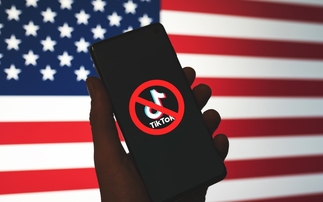Data retention, encryption, filtering and backdoors all problematic, parliamentary committee told
Apple and the UK's four biggest mobile network providers have all register their concern over the draft Investigatory Powers Bill - often referred to as the snoopers' charter. The government has...
To continue reading this article...
Join Computing
- Unlimited access to real-time news, analysis and opinion from the technology industry
- Receive important and breaking news in our daily newsletter
- Be the first to hear about our events and awards programmes
- Join live member only interviews with IT leaders at the ‘IT Lounge’; your chance to ask your burning tech questions and have them answered
- Access to the Computing Delta hub providing market intelligence and research
- Receive our members-only newsletter with exclusive opinion pieces from senior IT Leaders






















